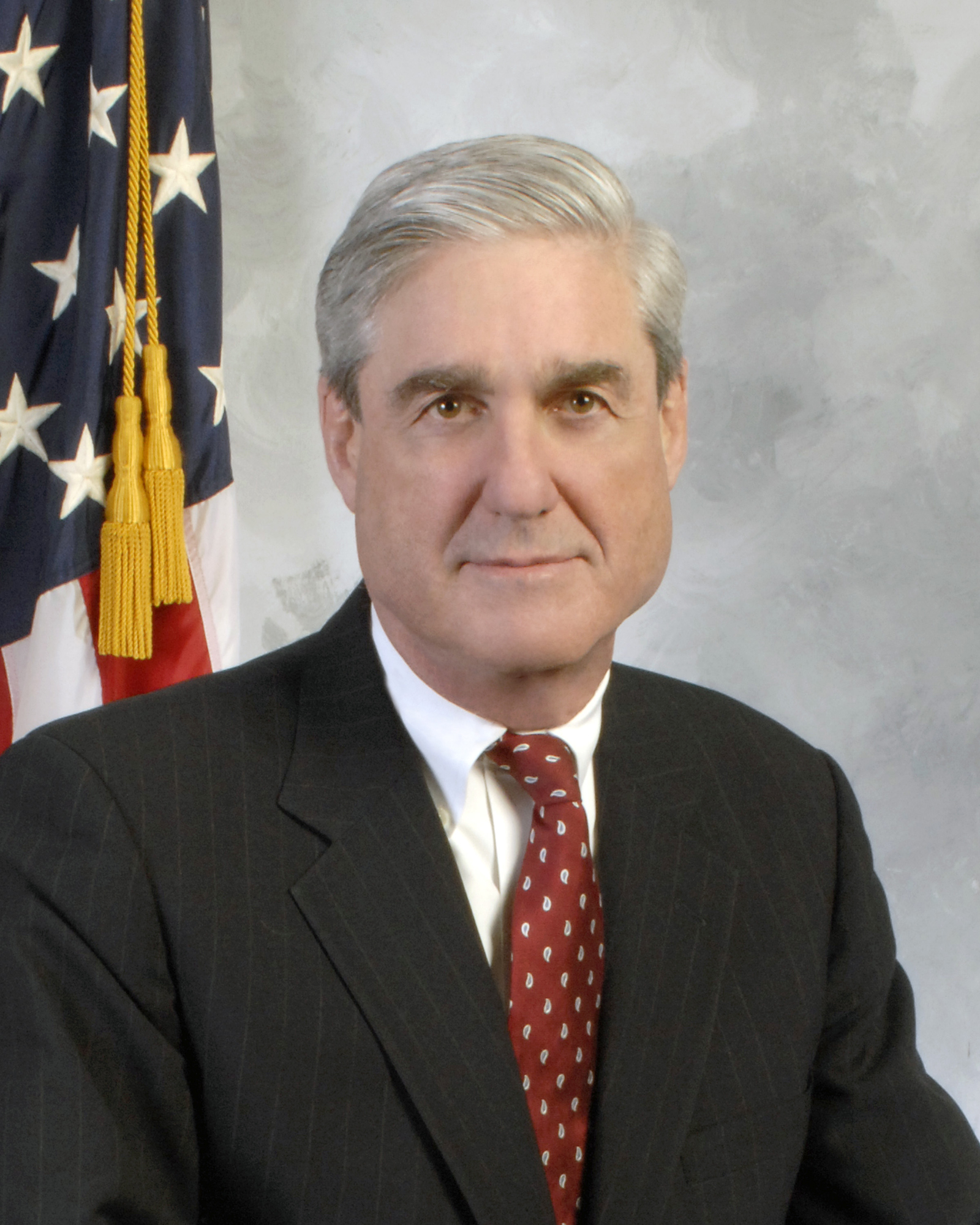Mueller: Obstruction Investigation Did Not Exonerate President

The smarter way to stay on top of broadcasting and cable industry. Sign up below
You are now subscribed
Your newsletter sign-up was successful
In a move certain to fuel Democratic efforts to further investigate the President, special counsel Robert Mueller made it clear Wednesday that his report on Russian, and potential Trump Administration, election meddling did not clear the President of the obstruction of justice charge. Instead, he said, it did not pursue that conclusion, one way of the other, because it was foreclosed by Justice Department policy.
While the report concluded there was not enough evidence to charge the Trump Administration with collusion, it punted on the obstruction determination.
The President has suggested the Mueller investigation exonerated him of both collusion and obstruction, but it did not, Mueller made clear in his press conference. He also said the if he does testify before Congress, he will confine himself only to what has already been made public in the report.
That came in a press conference Wednesday (May 29) announcing the official closing of the investigation and his resignation to return to private life.
"If we had had confidence that the President clearly did not commit a crime, we would have said so," Mueller said of whether the President had illegally obstructed the investigation. He said they did not make a determination as to whether the President committed a crime because, as the report said, he was a part of the Justice Department, whose longstanding policy that a sitting President could not be charged he was bound by.
He said even if the charge were kept under seal and hidden from public view, it would still have been prohibited. "Charging the President with a crime was not an option we could consider," he said.
Mueller did suggest that making that obstruction determination was important, even if it could not be his team.
The smarter way to stay on top of broadcasting and cable industry. Sign up below
"If the subject of an investigation obstructs that investigation or lies to investigators, it strikes at the core of the government's effort to find the truth and hold wrongdoers accountable."
He said Department policy further informed his investigation. First, he said, he was allowed to investigate the allegation against a sitting President because "it was important to preserve evidence while memories are fresh and documents available." He said that could be used, for example, if there were co-conspirators who could be charged now.
Second, he said that the Justice policy holds that the Constitution requires a process "other than the criminal justice system" [Congress, for example, via impeachment] to formally accuse the President of wrongdoing."
He also said it would be unfair to potentially accuse someone of a crime when there could be no prosecution of the actual charge.
Mueller said that he would not comment further on what was not already public, including if he testified before Congress, as Democrats want him to do. "Any testimony from this office would not go beyond our report." He said the report essentially is his testimony, and speaks for itself, though he did clearly feel the need to iterate its lack of exoneration of the President.
The President responded:
[embed]https://twitter.com/realDonaldTrump/status/1133759237136494592[/embed]
White House press secretary Sarah Sanders responded, which was tweeted by the President:
“The Special Counsel has completed the investigation, closed his office, and has closed the case. Mr. Mueller explicitly said that he has nothing to add beyond the report, and therefore, does not plan to testify before Congress. The report was clear—there was no collusion, no conspiracy—and the Department of Justice confirmed there was no obstruction. Special Counsel Mueller also stated that Attorney General Barr acted in good faith in his handling of the report. After two years, the Special Counsel is moving on with his life, and everyone else should do the same.”
House Judiciary Committee Chairman Jerry Nadler (D-N.Y.) was not in a moving on mood.
"Given that Special Counsel Mueller was unable to pursue criminal charges against the President, it falls to Congress to respond to the crimes, lies and other wrongdoing of President Trump — and we will do so," he said in a statement.
He also called a press conference for Wednesday afternoon to talk about next steps.
Nadler said at the press conference that impeachment was "on the table" and that it was unfortunate that Mueller could not pursue obstruction due to a policy Nadler said was wrong.
Asked what "on the table" meant, he said that they would continue to investigate the President and signaled he would take whatever steps were deemed necessary.
"I am grateful the American people have heard from him directly regarding his findings," said Sen. Mark Warner (D-Va.), vice chairman of the Senate Intelligence Committee. "Still, this press conference leaves us with unanswered questions. The underlying evidence supporting the Special Counsel’s conclusions must be made available to Congress immediately."
Contributing editor John Eggerton has been an editor and/or writer on media regulation, legislation and policy for over four decades, including covering the FCC, FTC, Congress, the major media trade associations, and the federal courts. In addition to Multichannel News and Broadcasting + Cable, his work has appeared in Radio World, TV Technology, TV Fax, This Week in Consumer Electronics, Variety and the Encyclopedia Britannica.

